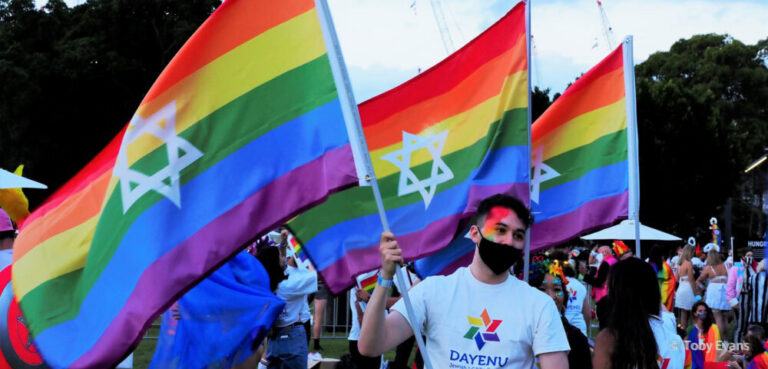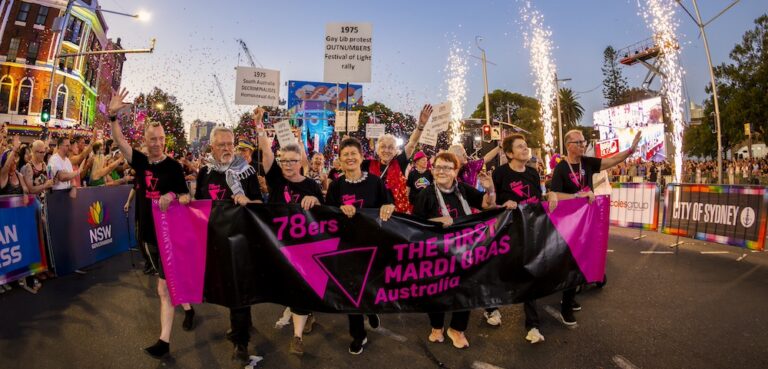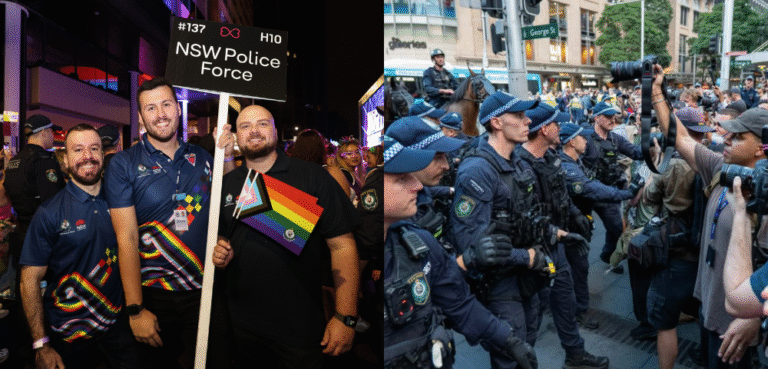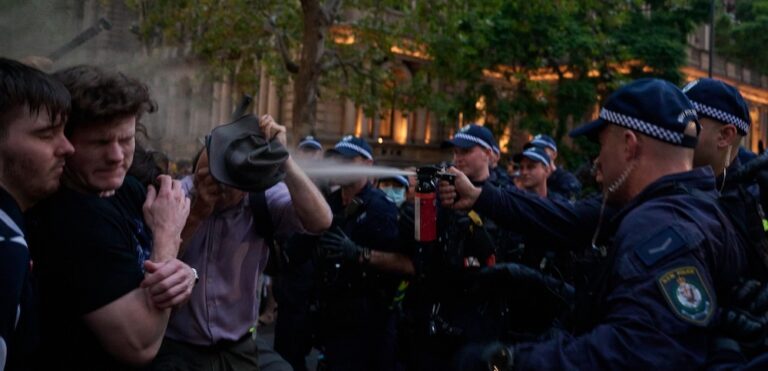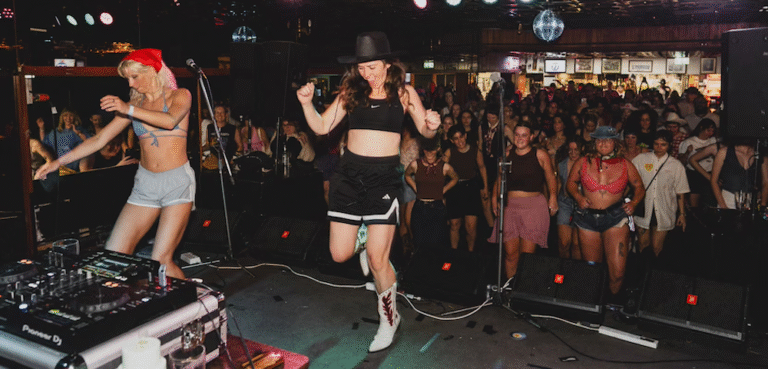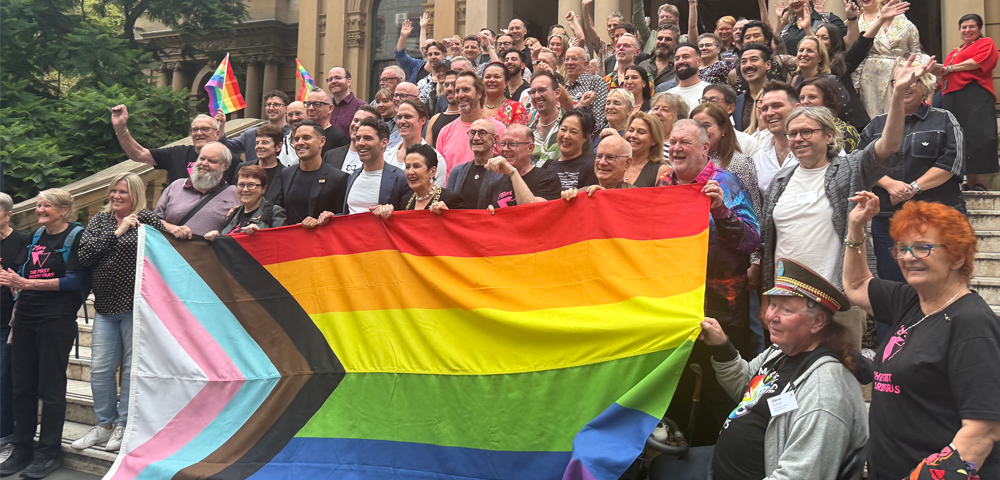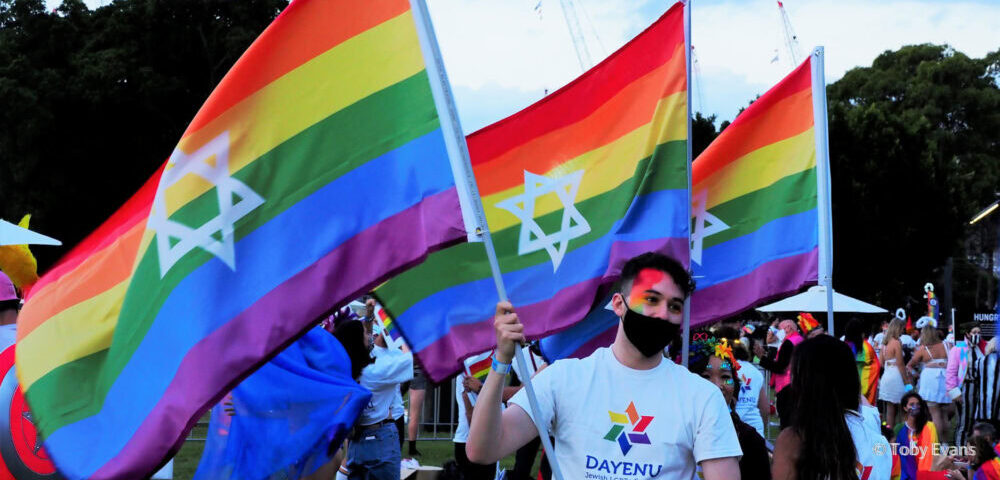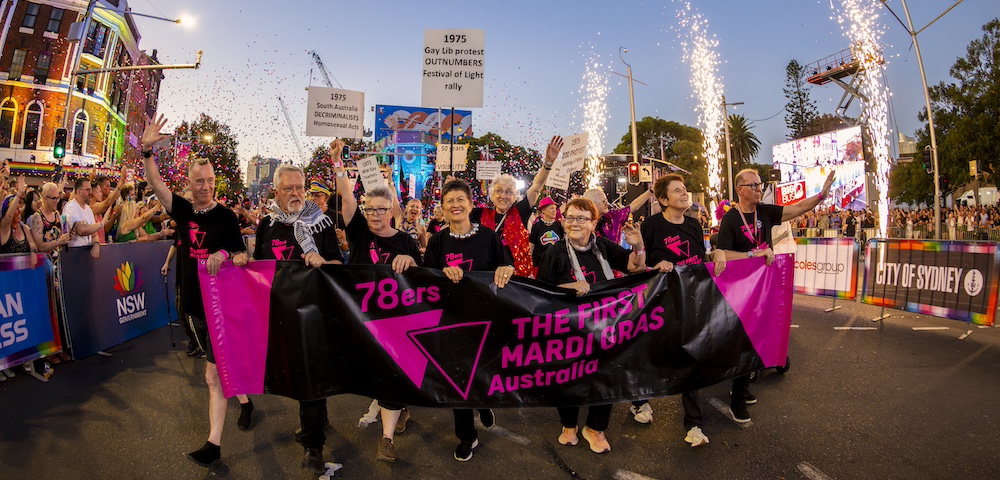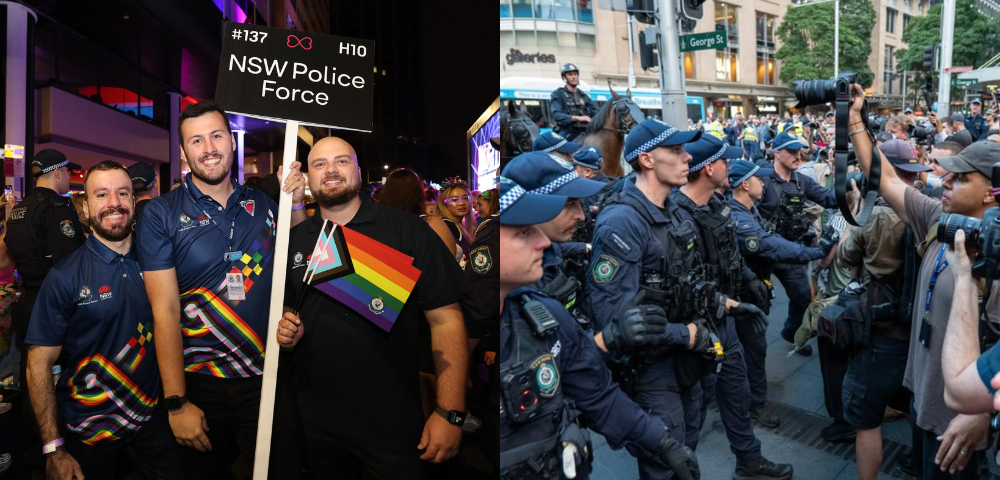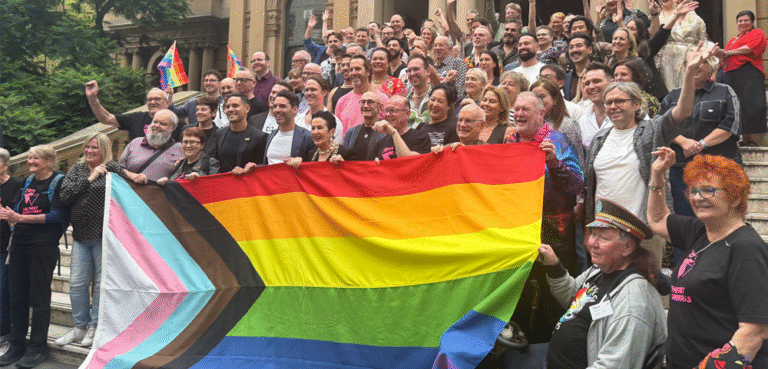
No vaccine for at-risk gay boys
Health experts have warned that gay men are at risk of throat and anal cancers linked to a common STI because school-age boys are not included in the national vaccination program.
The warning comes as a John Hopkins University study published last week linked oral human papilloma virus (HPV) infection in men and women to oral sex.
The study also concluded that oral HPV could lead to throat cancer even without other factors like tobacco or alcohol.
Dr Andrew Grulich from the National Centre of HIV Epidemiology and Clinical Research at UNSW said the health community should be taking notice, but people needn’t panic.
HPV is the same virus that can lead to anal cancer in gay men and cervical cancer in women, but most people who get the virus do not get cancer, their immune systems are able to control it, he said.
Nevertheless, it’s not a trivial health problem; several hundred women continue to develop cervical cancer each year, and it’s thought that rates of anal cancer in gay men are at least as high as cervical cancer in women.
The rate of anal cancer in gay men is something like 20 times the rate in heterosexual men, he said.
The Australian-invented and newly released cervical cancer vaccine would also prevent HPV-related throat and anal cancers in gay men.
There are many subtypes of HPV, but the vaccine covers all the cancer-causing strains. They’re known to cause 70-80 percent of cancer of the cervix, something like 80 percent of anal cancers and about half of all cases of mouth cancer, Grulich said.
The vaccine also covers those subtypes that cause genital warts, a condition that has long-term morbidity.
But the current government policy was to vaccinate only school-age girls, not boys.
Grulich said that governments didn’t appreciate the risk to gay men because their statistics only reflect men as a whole.
It’s a major issue for policy makers and people working with gay communities because to prevent these sorts of cancers you have to vaccinate people before they’re sexually active.
This new information about throat cancer is another piece in the jigsaw to suggest we should be vaccinating young boys before they become sexually active as well.
Grulich explained that HPV is easily transmitted by skin-to-skin sexual contact and has a very high prevalence among teenage men and women.
The government is paying for the national vaccination program for school-age girls. Each vaccination costs about $300-400 per person -“ we’re talking a lot of money, but it’s something we’re beginning to see all over the world, he said.
At present school-age boys can request the vaccination at their own cost.
It’s not the sort of decision you expect a 14-year-old boy to come to of their own accord.
It should be part of a public health response, rather than an individually driven one, which is what we’ve done with women, he said.
Grulich said part of the problem was that health surveys were not asking the sexuality of their test subjects.
A much larger Australian study is planned, aiming to recruit a quarter of a million, which would be great enough to detect particular risk associations for gay men.
But despite lobbying from ACON and centres like ours, that study is not collecting data on sexuality, Grulich said.
Brad Gray, education manager at ACON, said the issue of HPV-positive throat cancer was an emerging one for gay men.
If they have concerns they should talk with their health practitioner -“ particularly if they’re HIV-positive, Gray said.
Gray agreed that including school-age boys in the national vaccination program would be in the public interest.
It’s just the easiest and most effective thing for everybody.
